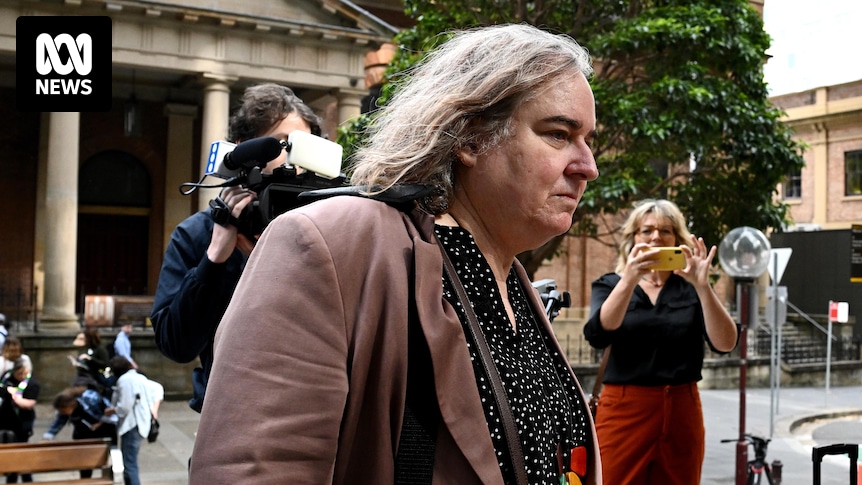- In short: Transgender woman Roxanne Tickle is suing social media platform Giggle for Girls after she was excluded from the women-only app.
- She is alleging unlawful discrimination on the basis of gender identity while the app’s founder has denied she is a woman.
- What’s next? The hearing is expected to run for four days.
A transgender woman who was excluded from a women-only social media app should be awarded damages because the app’s founder has persistently denied she is a woman, a Sydney court has heard.
In February 2021, Roxanne Tickle downloaded the Giggle for Girls social networking app, which was marketed as a platform exclusively for women to share experiences and speak freely.
Users needed to provide a selfie, which was assessed by artificial intelligence software to determine if they were a woman or man.
Ms Tickle’s photograph was determined to be a woman and she used the app’s full features until September that year, when the account became restricted because the AI decision was manually overridden.



I’m not familiar with discrimination laws in Australia. In the US there are exceptions in the Civil Rights Act (1964) for “private clubs” though I don’t think courts have consistently defined what that means.
I’m very curious to hear how this case turns out under Australian law. Personally I think it’s counterproductive to exclude trans women from a women-only social club. But if a US court ruled this social club was in fact a “private club” then they could legally discriminate in whatever way they desire, be that by excluding men or trans women.
Does that include protected classes? For example: can they exclude minorities?
A “private” club can exclude protected classes. Like the other poster mentioned, what constitutes “private” is a grey area.
Back in the 90s Augusta National Golf Club was still excluding blacks even though they hosted the Masters… ( They finally gave in )
I believe so, but I’d have to do a little more research to say with certainty. There is a particular supreme court case that serves as an example. See Tillman v Wheaton-Haven Recreation Association.